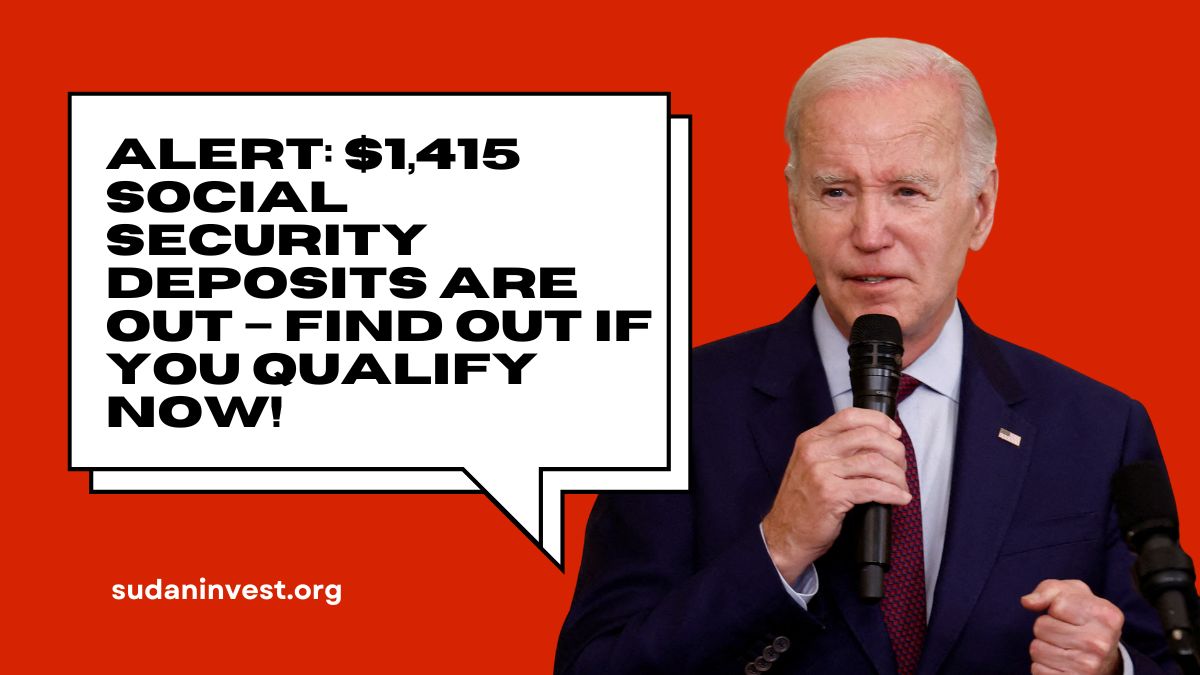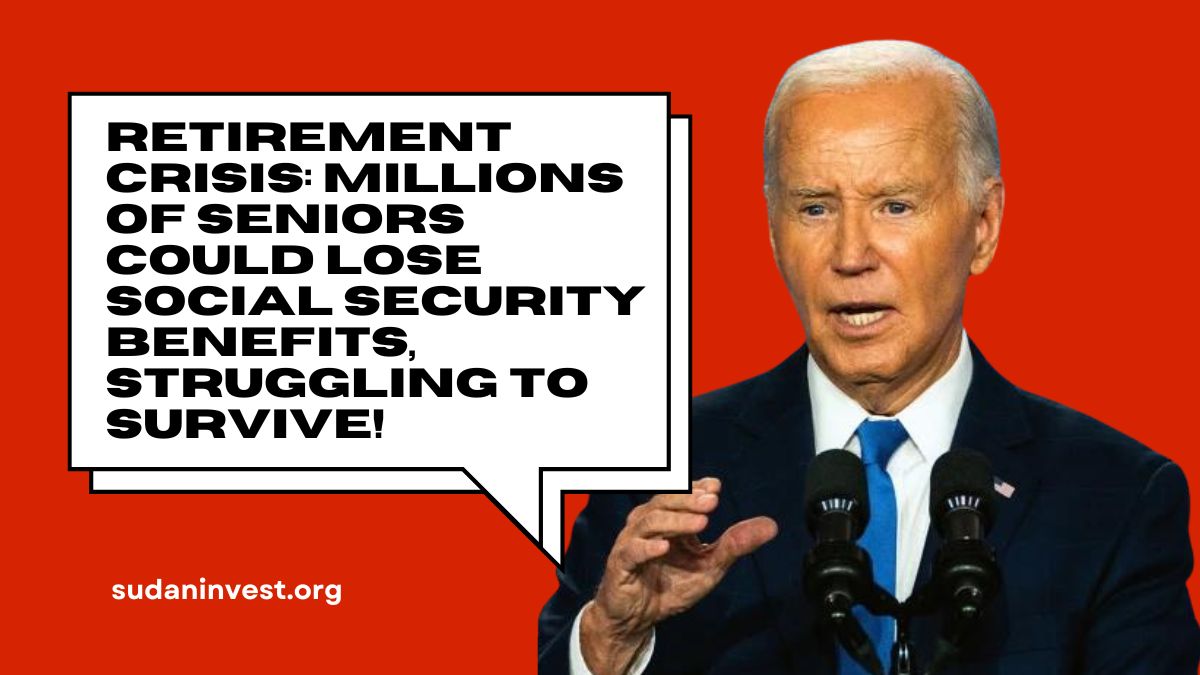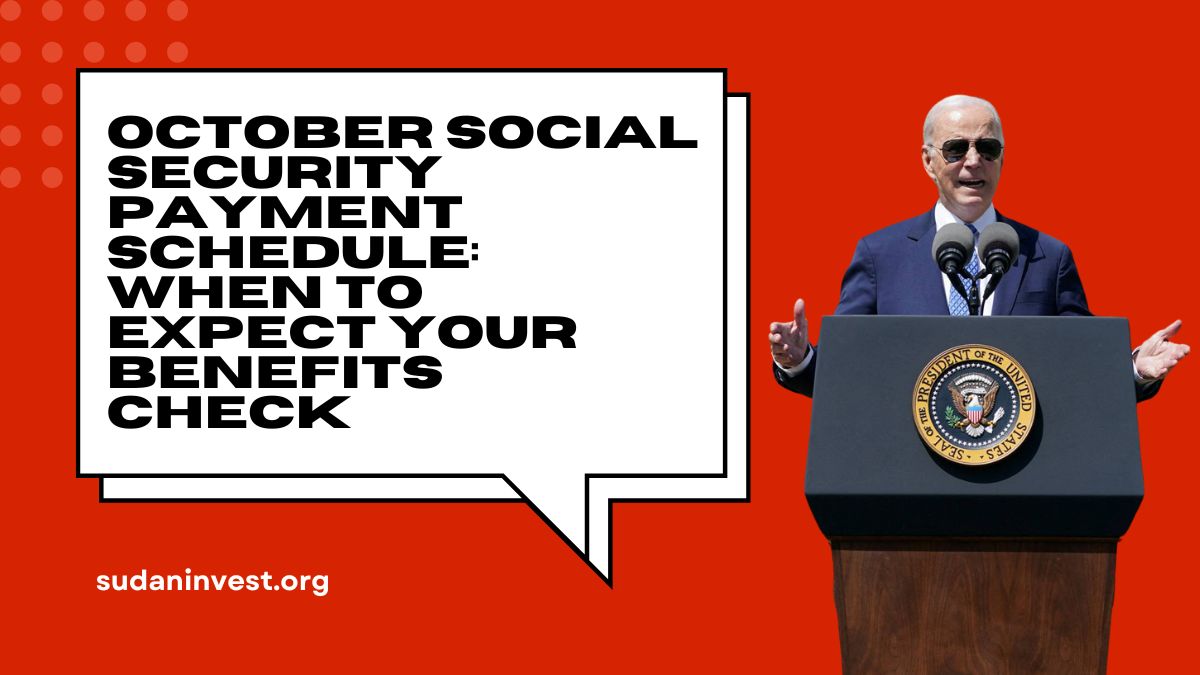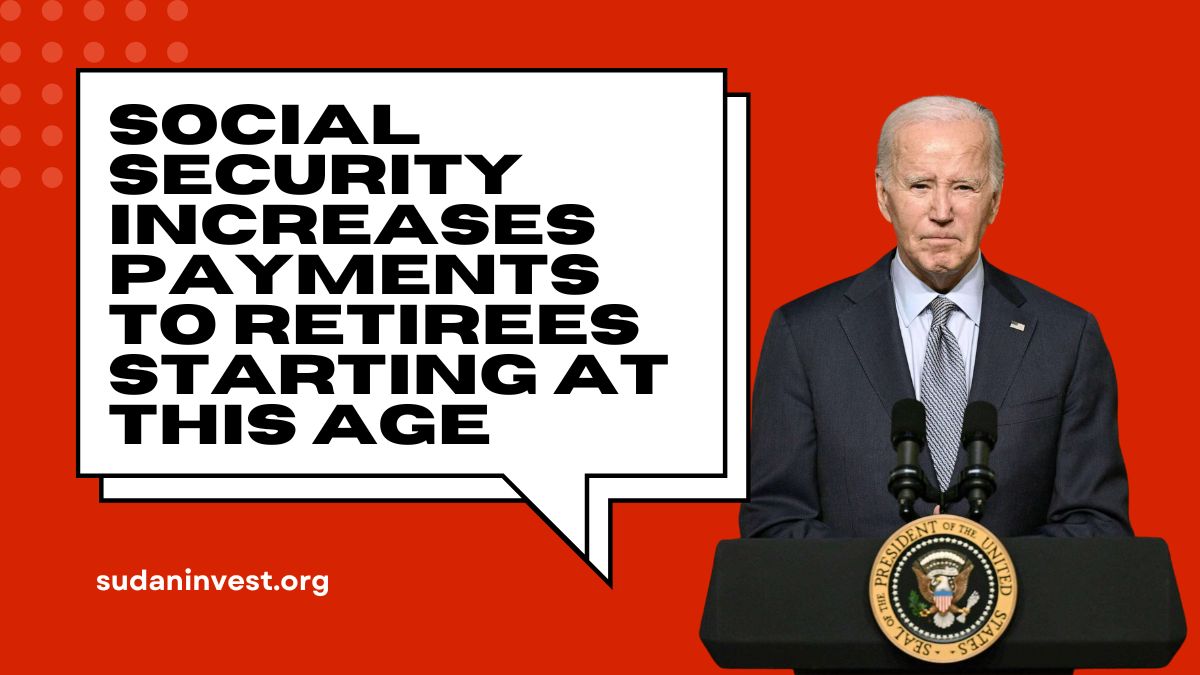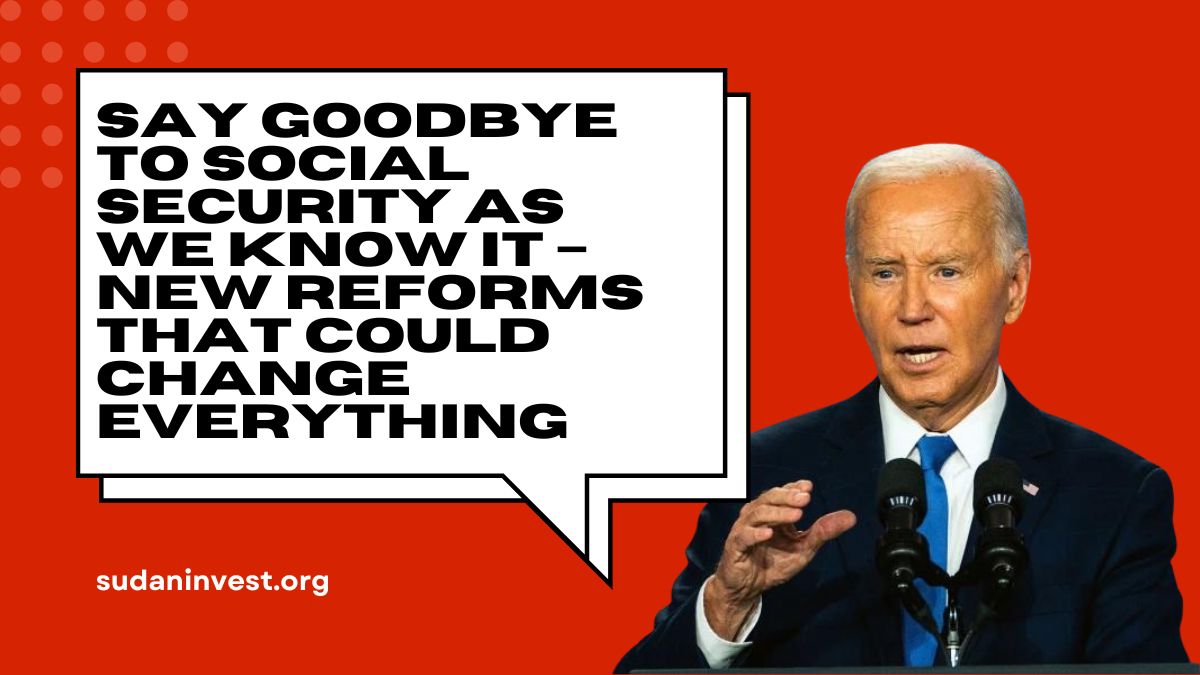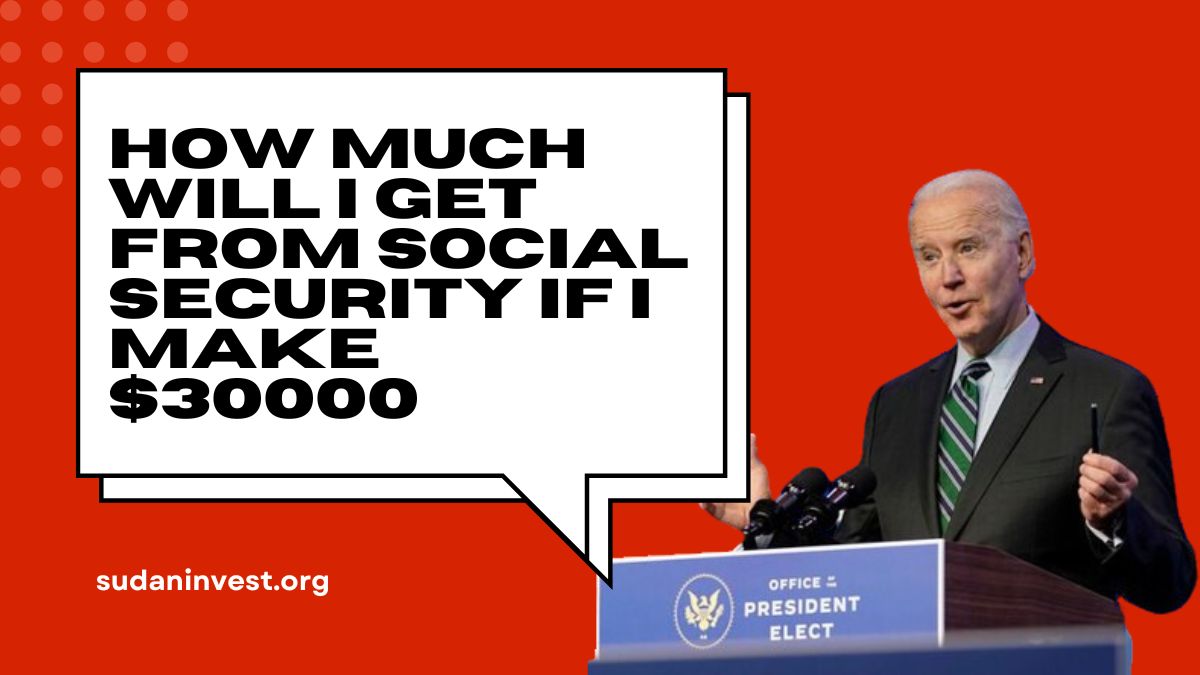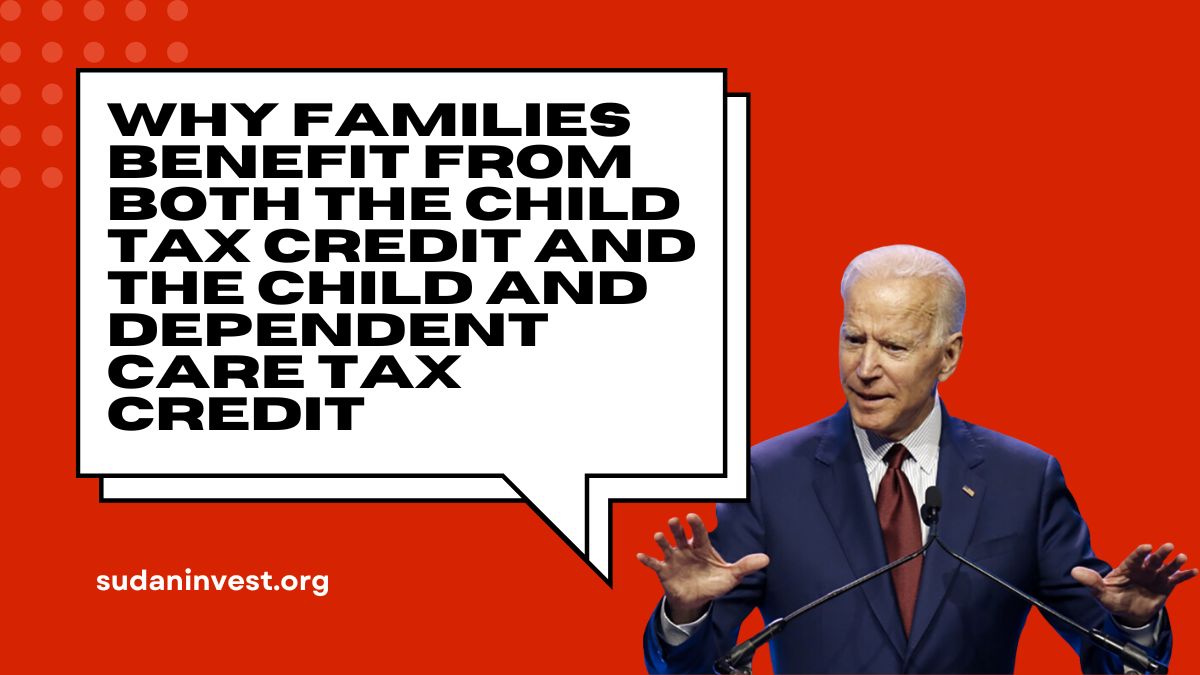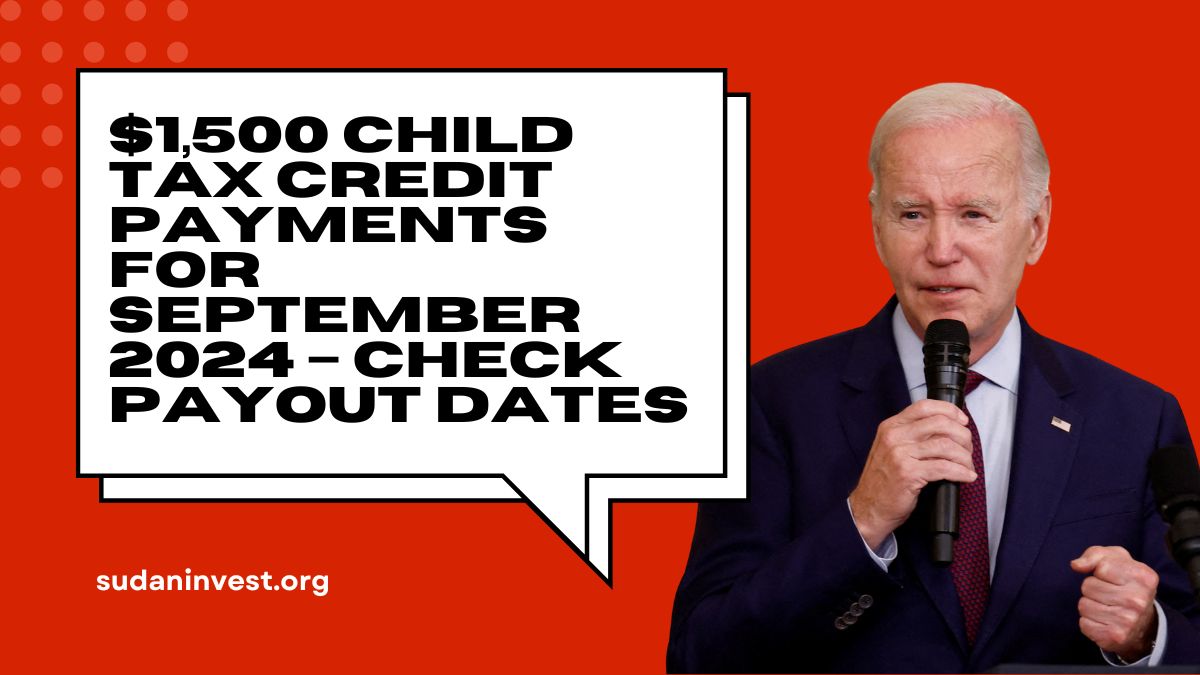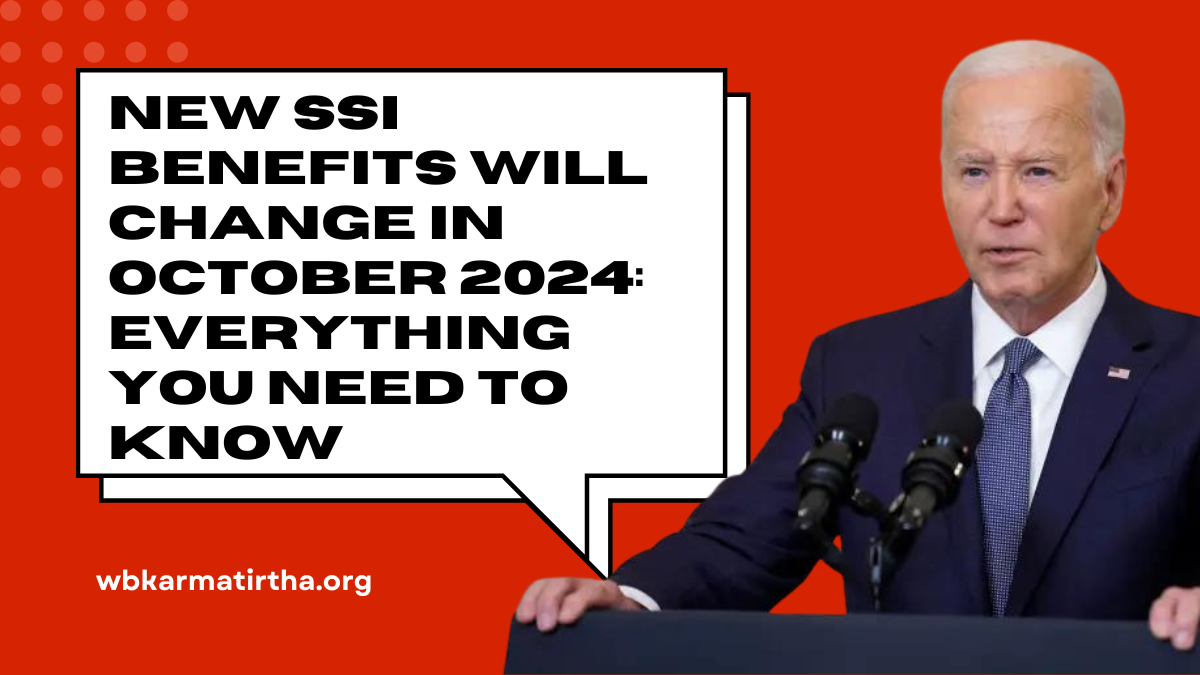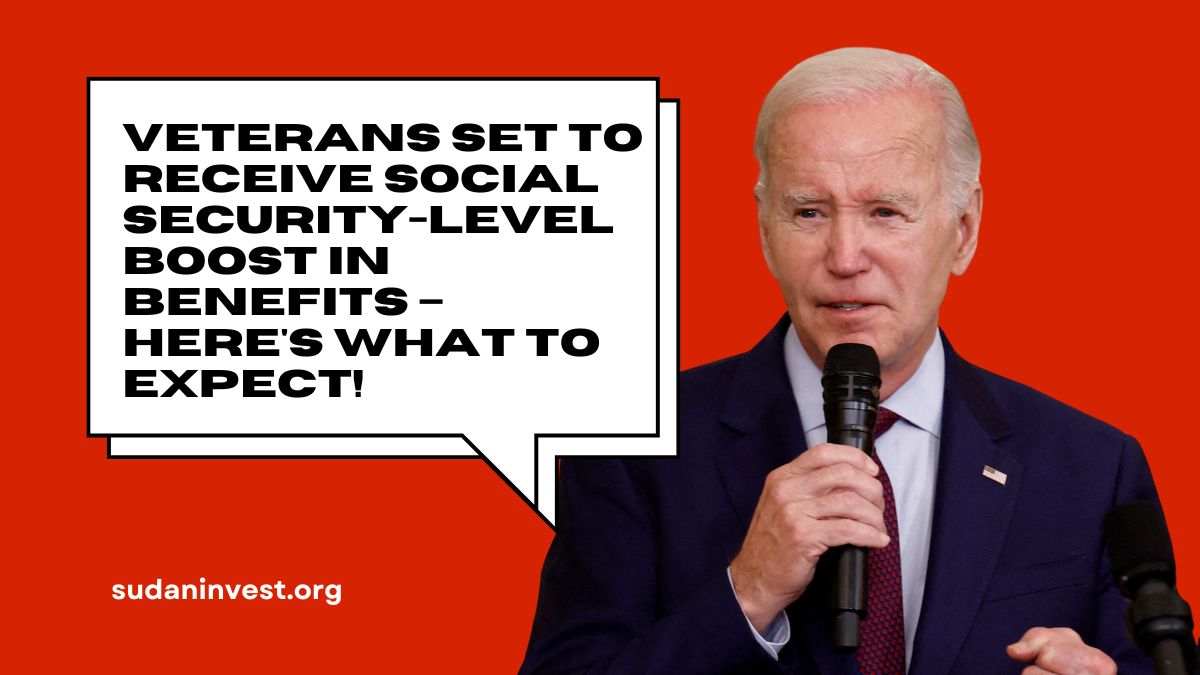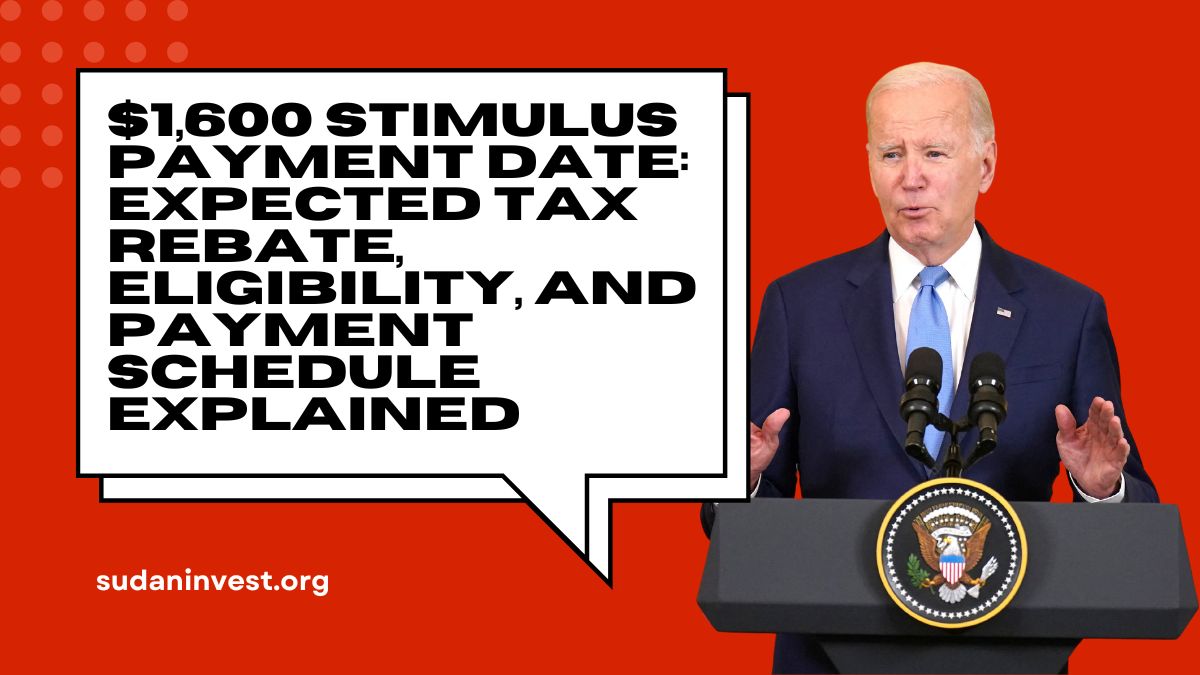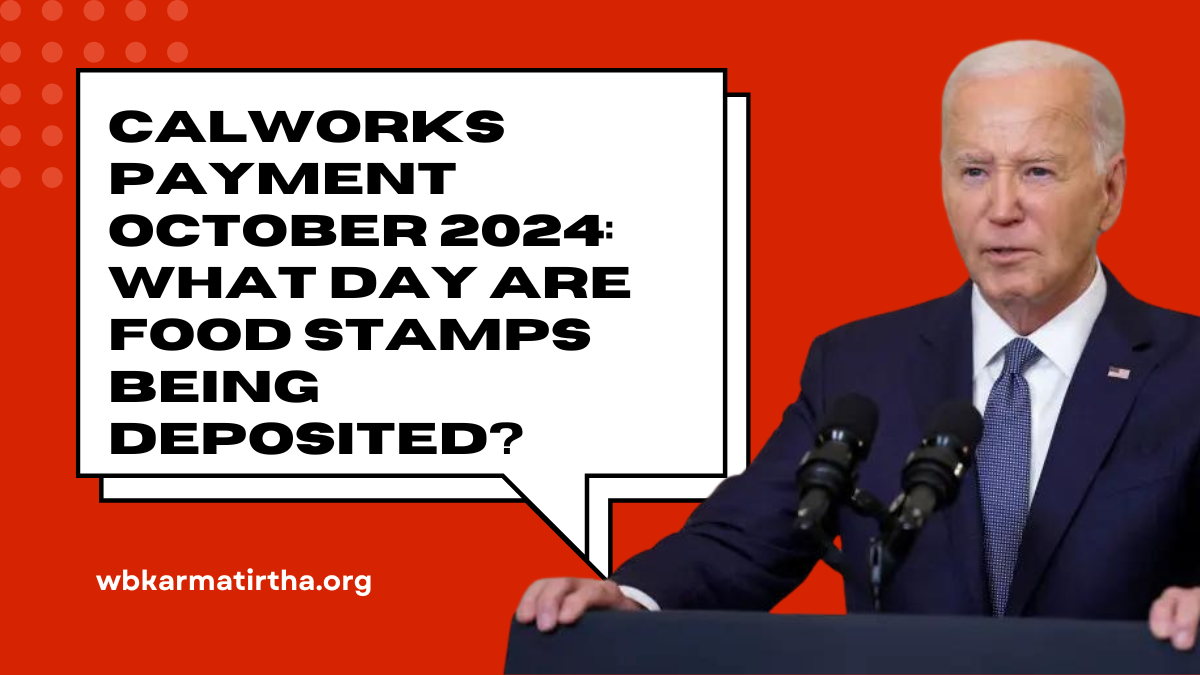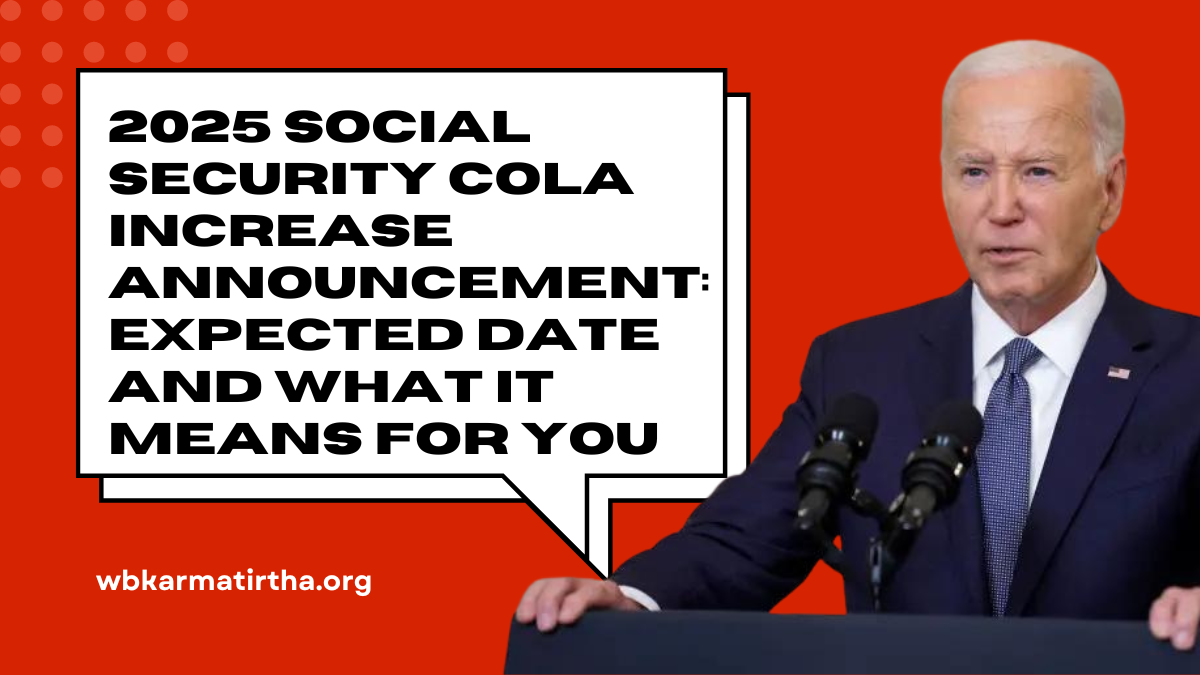With the possibility of a federal government shutdown looming at the end of September 2024, many Americans are concerned about how this might affect their Social Security benefits.
The U.S. government has a history of budget conflicts, and without an agreement by September 30, 2024, funding for numerous federal programs may be disrupted. However, when it comes to Social Security checks, there is good news for recipients.
Will Social Security Checks Be Affected by the Shutdown?
In the event of a federal government shutdown, Social Security payments will still be distributed as usual. This is because Social Security falls under mandatory spending, which is not subject to the annual budget appropriations process.
The funds for Social Security benefits come from payroll taxes collected through the Federal Insurance Contributions Act (FICA) and are deposited into trust funds specifically set aside for this purpose.

This means that about 67 million Americans who receive Social Security payments, including retirement, disability (SSDI), and survivor benefits, will continue to get their October payments on time, even if a government shutdown occurs.
Impact on Social Security Services During a Shutdown
While payments will continue uninterrupted, a government shutdown can affect other services provided by the Social Security Administration (SSA). According to contingency plans, certain SSA operations, including:
- New benefit applications
- Social Security card issuance
- Benefit verification services
These services may be delayed or suspended during the shutdown due to a reduced workforce. In previous shutdowns, roughly 8,500 of the SSA’s 61,869 employees were furloughed, limiting the agency’s capacity to perform non-critical functions.
Here’s a breakdown of the possible impacts:
| Service | Status During Shutdown |
|---|---|
| Social Security payments | Uninterrupted; payments will continue |
| New applications | Delayed; processing of new claims may slow down |
| Social Security cards | Issuance of new or replacement cards may be delayed |
| Benefit verification letters | Likely unavailable during the shutdown |
| Appeals and hearings | May face delays depending on available personnel |
What About Supplemental Security Income (SSI) and Medicare?
The Supplemental Security Income (SSI) program, which aids disabled adults and children with limited income, will also continue to provide payments during the shutdown.
However, like the core Social Security benefits, some administrative tasks related to SSI might be delayed.
Medicare services will not be disrupted as well, and recipients will continue to have access to medical services. However, non-essential tasks related to Medicare, such as claims appeals, might be impacted.
The Bigger Concern: The Debt Ceiling

Although Social Security payments will not be directly affected by the government shutdown, a looming challenge could arise if the federal debt ceiling is not raised.
The U.S. Treasury Secretary has previously warned that, if the government fails to address the debt ceiling, this could delay Social Security checks as the government would struggle to meet its financial obligations.
Potential Duration and Consequences of the Shutdown
Historically, government shutdowns have varied in length. Since 1976, the U.S. has experienced 20 funding gaps, with the longest government shutdown lasting 35 days from December 2018 to January 2019.
During that shutdown, essential services, including Social Security, continued to function, though non-essential employees were furloughed.
The current situation remains uncertain. If Congress fails to pass a short-term continuing resolution (CR) or finalize a long-term budget, the shutdown could last days or even weeks.
However, based on previous shutdowns, Social Security checks are expected to continue without delay, thanks to their mandatory funding status.
Conclusion
While a federal government shutdown can create uncertainty for many government services, Social Security recipients can rest assured that their benefits will continue to be paid on time.
The Social Security Administration has contingency plans in place to ensure that payments are processed even if other parts of the agency are temporarily closed.
However, the debt ceiling remains a critical issue that could affect future payments if not addressed.
It’s crucial for recipients to stay informed and monitor any updates from the SSA or the federal government regarding their benefits.
For now, though, Social Security checks will be in the mail, no matter what happens with the budget negotiations.
FAQs
Will I receive my Social Security check if the government shuts down?
Yes, Social Security checks will be sent out as scheduled, as Social Security funding is classified as mandatory spending.
What Social Security services will be affected by a shutdown?
While payments will continue, services like issuing new Social Security cards, processing new applications, and providing benefit verification letters may face delays.
How will Medicare be affected by a government shutdown?
Medicare benefits will remain unaffected, though non-essential administrative tasks, such as claims appeals, may experience delays.
Can a shutdown delay Supplemental Security Income (SSI) payments?
No, SSI payments will continue during a shutdown, although some related administrative functions may be temporarily halted.
Is the debt ceiling related to the government shutdown?
No, the debt ceiling is separate from a government shutdown. However, failure to raise the debt ceiling could potentially delay Social Security checks in the future if the government is unable to meet its financial obligations.
References
- Kiplinger. “How Social Security Would Be Affected By A Government Shutdown.” Kiplinger
- PolitiFact. “Will Social Security checks go out if there’s a government shutdown?” PolitiFact
- AARP. “What Happens to Social Security in a Government Shutdown?” AARP
- ABC10. “How a shutdown would impact Social Security, food stamps.” ABC10




